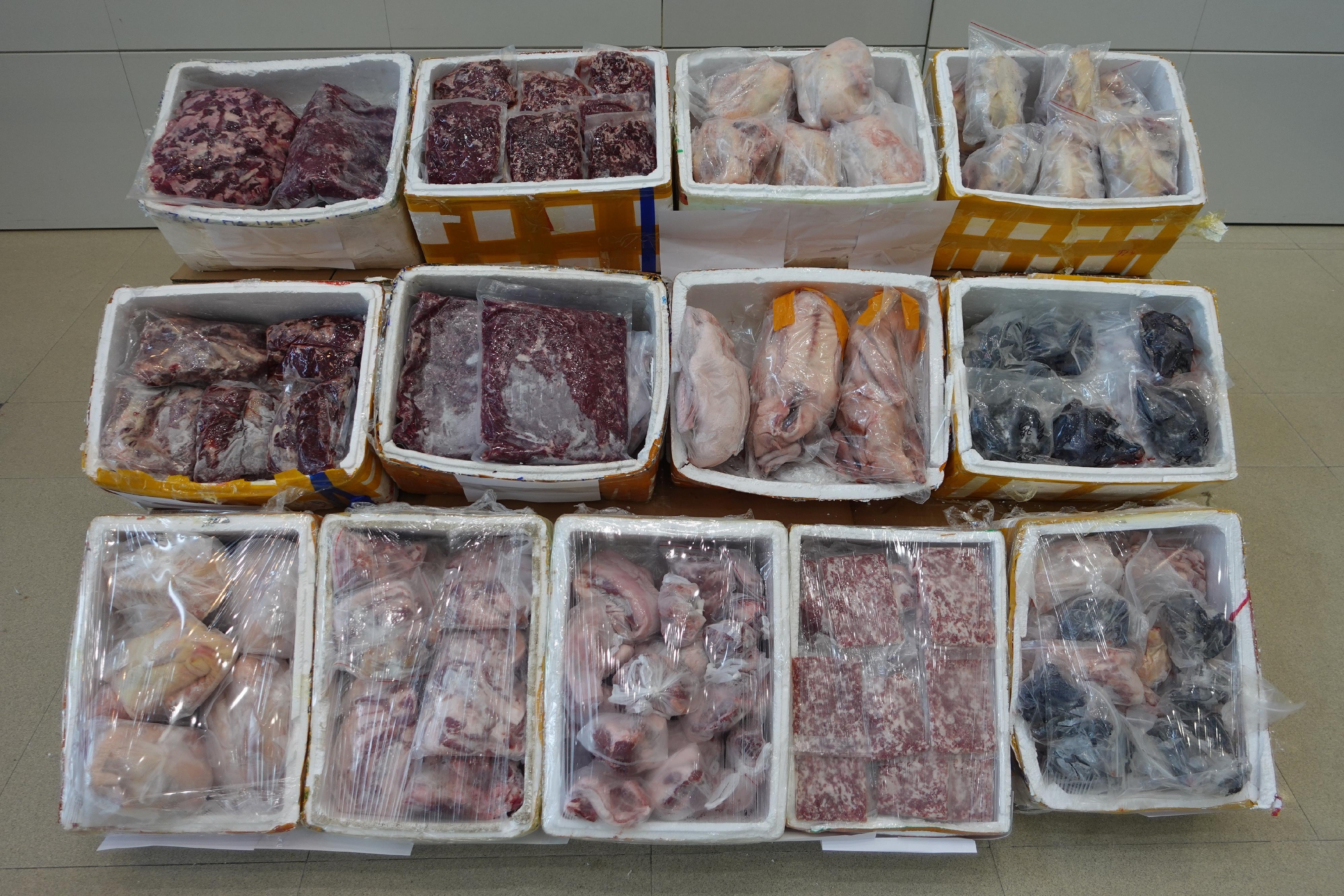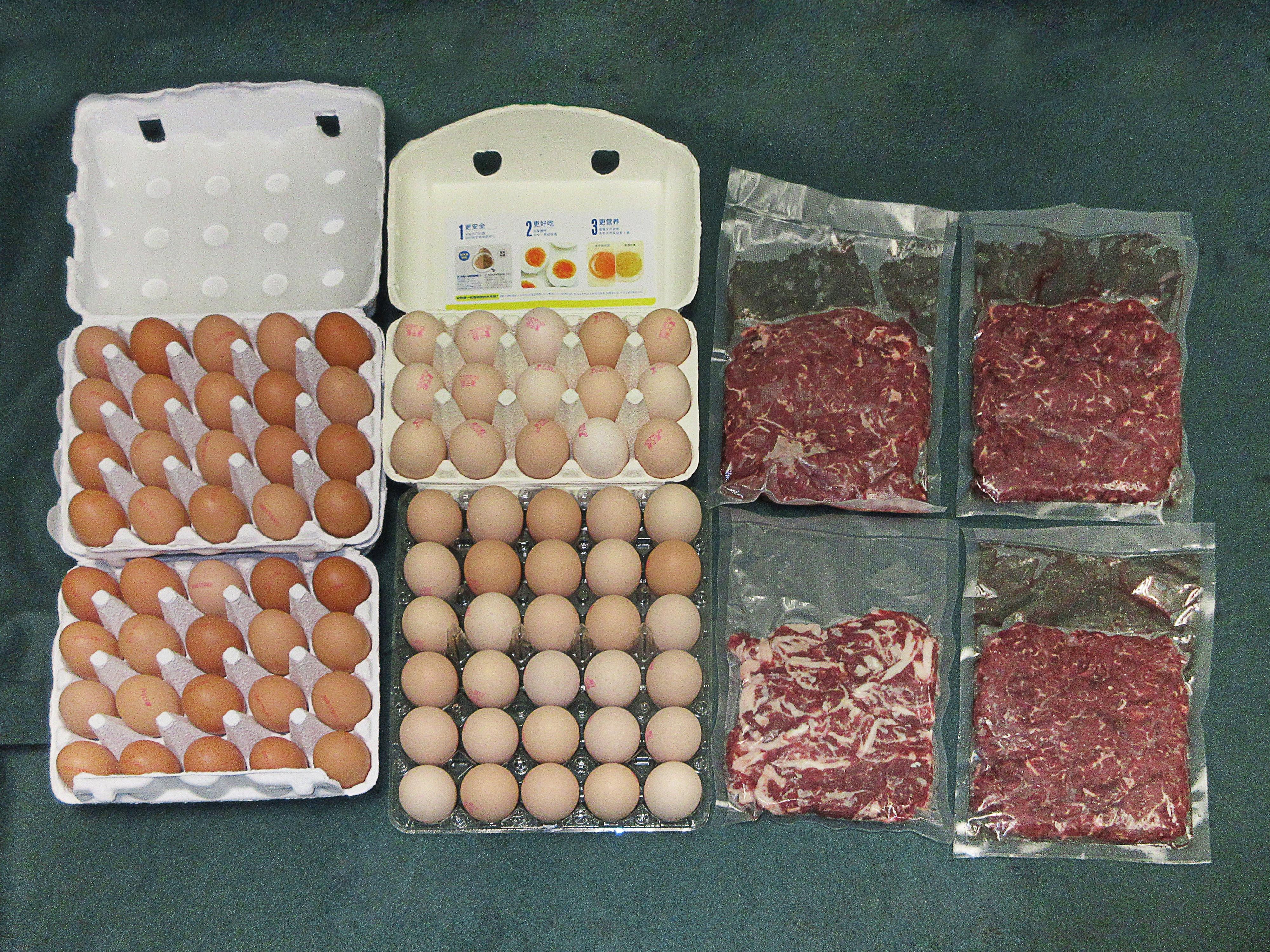OFCA conducts enforcement action against suspected illegal use of walkie-talkies
The Office of the Communications Authority (OFCA) conducted an enforcement operation yesterday evening (May 30) at Kennedy Town Swimming Pool against a suspected illegal use of walkie-talkies. During the operation, five sets of walkie-talkies were seized and notices of investigation were issued to five persons requesting them to assist in further investigations.
​
“The walkie-talkies seized in the operation may potentially interfere with existing FM sound broadcasting services. OFCA will conduct investigations according to established procedures and, based on the evidence collected, decide whether to instigate prosecution against the individuals concerned,” a spokesman for OFCA said.
The spokesman stressed that OFCA will continue the enforcement work against unlicensed use of radiocommunications apparatus, which may cause harmful interference to legitimate spectrum users. According to the Telecommunications Ordinance (Cap. 106), save for radiocommunications apparatus exempted from licensing, it is an offence for any person to possess or use any apparatus for radiocommunications, or establish or maintain any means of telecommunications without an appropriate licence. Upon conviction, the offender is liable to a maximum fine of $100,000 and imprisonment of five years.
Members of the public are reminded not to use any illegal walkie-talkies causing interference to existing licensed radiocommunications services. If needed, they should choose walkie-talkies that are exempted from licensing in Hong Kong, such as those radiocommunications apparatus operating in the 409 MHz and 2.4 GHz bands.
For information on the use of walkie-talkies in Hong Kong, please refer to OFCA’s website (www.ofca.gov.hk/en/consumer_focus/galley/information_leaflets/index_id_16.html). read more



